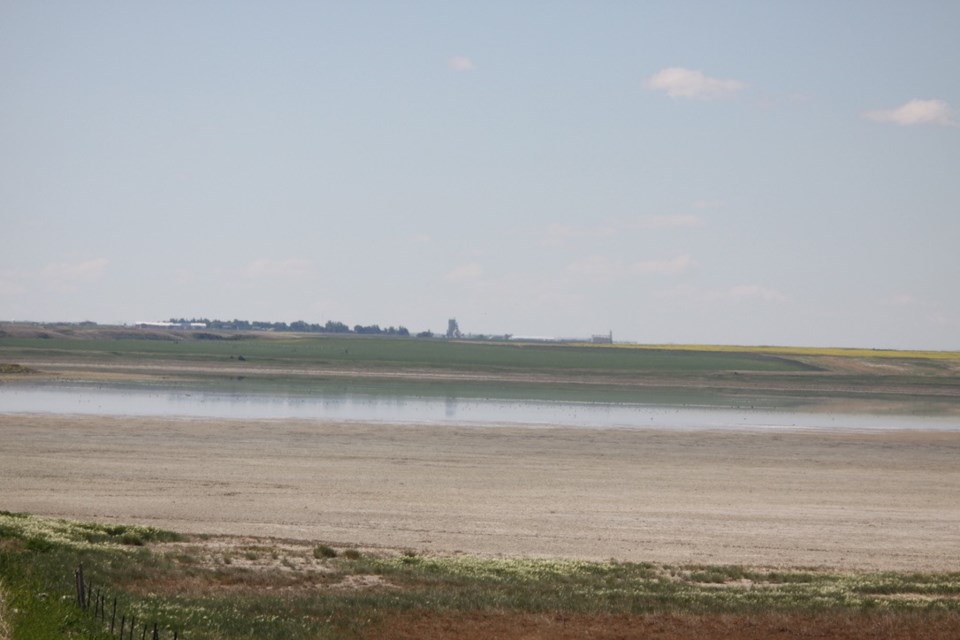Renewal of a 30-year agreement to keep water flowing into two regional southern Saskatchewan marshes was “cost-prohibitive,’’ according to a Ducks Unlimited spokesman.
The 30 year-agreement to pump water from Lake Diefenbaker into the Lucky Lake Marsh expired in 2019.
The agreement by the Ministry of Agriculture, SaskWater, Ducks Unlimited and local RMs was “adhered to by all parties.”
To have renewed the agreement would cost “in the millions” over the life of the agreement with an estimated $100,000 to $125,000 increase in the first year,” said Michael Champion, head of government relations in Saskatchewan for Ducks Unlimited.
“We haven’t abandoned the project. The infrastructure is still there. We didn’t import water. If we could find a funder we would bring it up to code.”
A second regional project, the Riverhurst to Pelican Lake water and irrigation project, is in the same position of being cost-prohibitive to renew.
The 100-kilometre channel flowing into Pelican Lake near Mortlach was described by Champion as an engineering marvel and has been touted as a major DU accomplishment.
The project pumped water down a channel for irrigation, stock watering and bird habitat.
A shift in DU priorities has also resulted in the loss of funding for these projects,
“Science has discovered that these marshes aren’t as important for waterfowl as they were thought to be. Grasslands breeding habitat is more important for waterfowl than marshes.
Significant losses of grassland habitat in eastern Saskatchewan caused DU to shift priorities to the eastern side of the province, said Champion.
He understands some ranchers and farmers along the Riverhurst to Pelican Lake channel are upset at the loss of water for livestock, especially in this year of drought.
“I understand their frustration. I understand their disappointment. They had a significant benefit for years.”
When the agreements expired, said Champion, all land owners and municipalities affected were consulted.
Asked if the situation was complicated because the province does not have a wetlands policy, Champion agreed “that is part of it.
“I hesitate to say anything negative because the parties have worked together so long.”
Various municipal and conservation organizations have lobbied the province for a wetlands policy similar to those in Alberta and Manitoba.
Ron Walter can be reached at [email protected]




